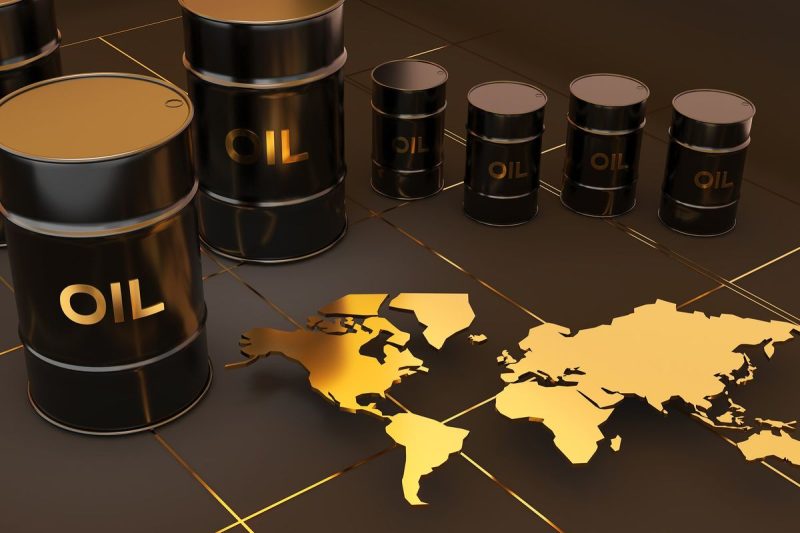**1. United States**
The United States has consistently been one of the top oil-producing countries globally, boasting significant reserves and advanced technologies for extraction. The country’s rich oil reserves in states like Texas and North Dakota have contributed to its status as a leading oil producer. With a focus on innovation and sustainability, the U.S. continues to play a crucial role in global oil markets.
**2. Russia**
Russia has long been a key player in the oil industry, with vast reserves scattered throughout its expansive territory. The country’s oil production is strategically important, influencing global oil prices and geopolitical dynamics. Despite facing challenges such as fluctuating oil prices and economic sanctions, Russia remains a major player in the global energy market.
**3. Saudi Arabia**
As the world’s largest oil exporter, Saudi Arabia plays a pivotal role in shaping global oil production and pricing. The kingdom’s vast oil reserves and significant production capacity have positioned it as a dominant force in the oil industry. Saudi Arabia’s strategic partnerships with other oil-producing nations further solidify its influence on the global energy landscape.
**4. China**
China’s rapidly growing economy has driven its demand for oil, making it one of the top oil-consuming countries globally. To meet its energy needs, China has heavily invested in domestic oil production and exploration activities. The country’s increasing presence in the oil market underscores its importance in global energy security and stability.
**5. Canada**
Canada is renowned for its vast oil sands deposits, which have propelled the country into the ranks of the top oil-producing nations. Despite facing environmental challenges associated with oil sands extraction, Canada remains a key player in North America’s energy sector. The country’s commitment to sustainable oil production practices reflects its efforts to balance economic growth with environmental conservation.
**6. Iraq**
Iraq boasts substantial oil reserves and has made significant strides in increasing its oil production capacity in recent years. The country’s diverse oil fields and ongoing investments in infrastructure have enabled it to strengthen its position as a major oil producer in the Middle East. Iraq’s oil industry continues to play a crucial role in the country’s economic development and geopolitical influence.
**7. Brazil**
Brazil’s offshore oil reserves, particularly in the pre-salt fields, have positioned the country as a key player in the global oil market. With advanced deepwater drilling technologies, Brazil has successfully tapped into its vast oil reserves, bolstering its oil production capabilities. The country’s focus on expanding its oil production infrastructure underscores its ambition to become a prominent oil-producing nation.
**8. Iran**
Iran’s immense oil reserves have long made it a significant player in the global energy market. Despite facing international sanctions and geopolitical challenges, Iran has managed to maintain its oil production levels and export volumes. The country’s strategic location in the Middle East further enhances its importance in global oil supply dynamics.
**9. United Arab Emirates (UAE)**
The UAE’s oil production plays a crucial role in the country’s economy and global energy markets. With substantial oil reserves and advanced oil production technologies, the UAE has emerged as a leading oil producer in the Middle East. The country’s strategic investments in oil exploration and production further solidify its position as a key player in the global oil industry.
**10. Kuwait**
Kuwait, known for its abundant oil reserves, is a major contributor to global oil production and exports. The country’s well-established oil industry and infrastructure have enabled it to maintain steady oil production levels. Kuwait’s commitment to sustainable oil production practices and strategic partnerships with other oil-producing nations underscore its significance in the global energy landscape.
